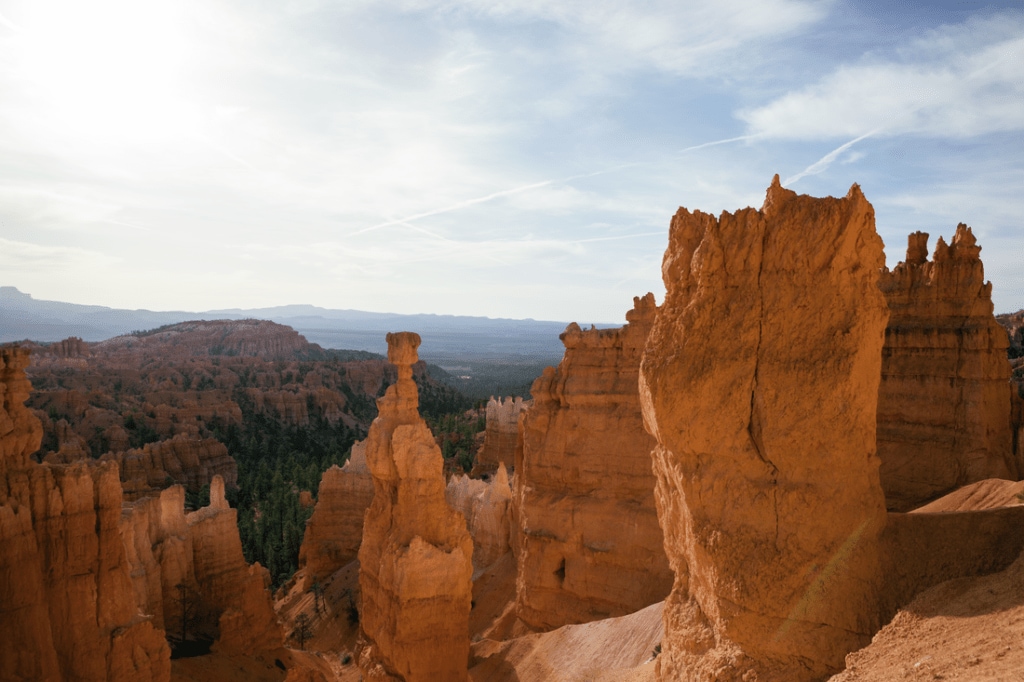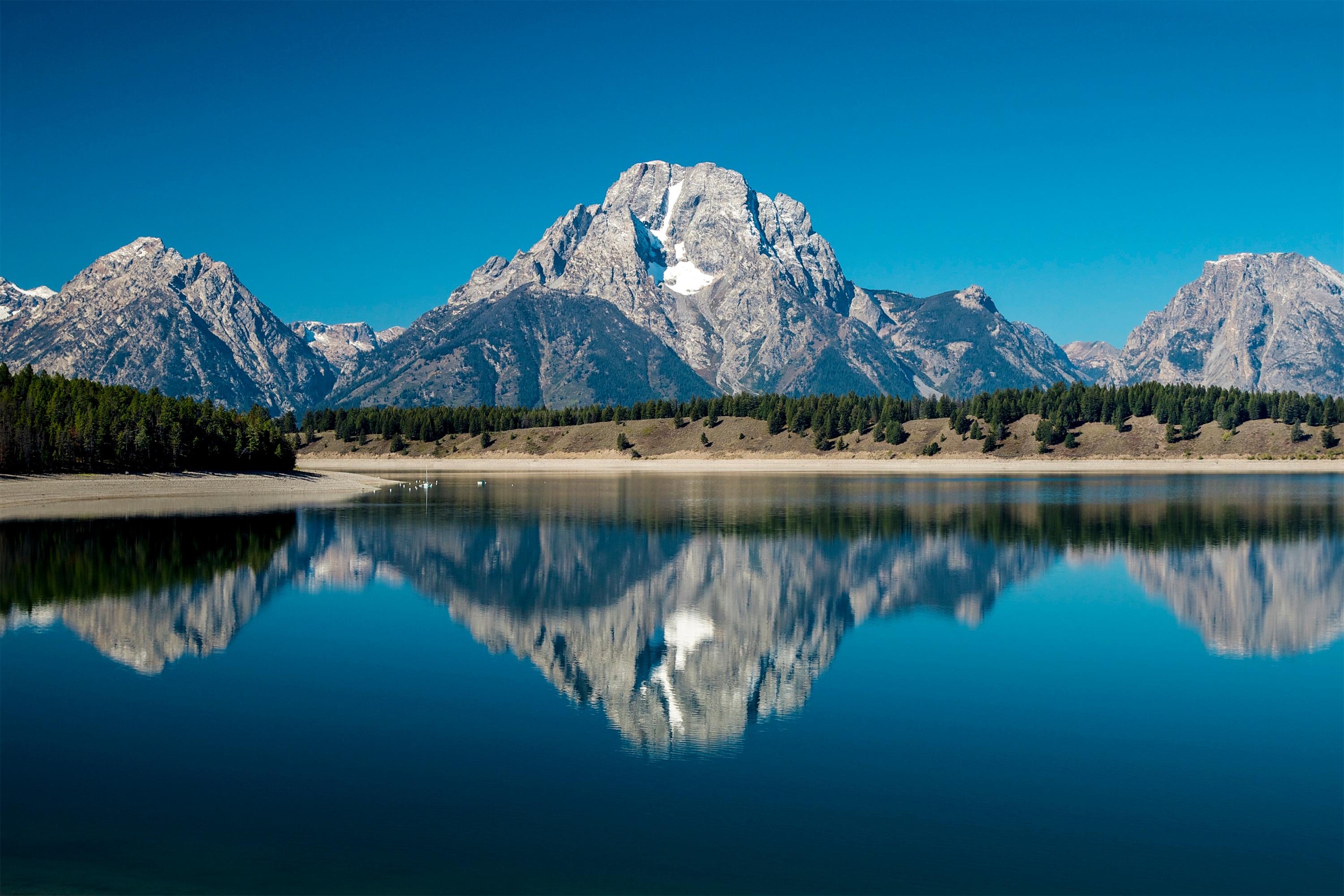This Op-Ed represents the opinions of The Wilderness Society.
As the #OptOutside movement continues to grow, it’s a fitting moment to recognize the outdoor places that make our adventures possible. Although the 610-million-acre federal public lands system has no limit to the way it tests our grit, this unique arrangement requires constant champions to boost policies that keep the system accessible, safe and well maintained. The places we enjoy weren’t established by accident—they exist thanks to a great deal of conservation work and important public policies.
When we #OptOutside, we’re likely to do so in a place that’s benefited from America’s most important program for protecting parks, trails and outdoor access: the Land and Water Conservation Fund (LWCF). For more than 50 years, the LWCF has provided diverse outdoor recreation opportunities for people across the nation—from local ball fields to iconic places like Grand Teton National Park and New River Gorge.
The program, which has historically received bipartisan support, has benefited projects in all 50 states and in nearly every county, without using taxpayer money. It does this by taking a portion of offshore drilling fees and setting those aside specifically for conservation. It fulfills a foundational idea that if we’re going to allow offshore drilling, then the impacts to our environment and the depletion of publicly owned resources should be at least partially offset by investing specifically in conservation and outdoor recreation.
Unfortunately, this landmark and successful program is currently on life support. Congress allowed its authorization to lapse in September, and there is no certain path for how to revive it. It’s crucial that lawmakers work together to permanently reauthorize and provide dedicated funding for the LWCF.

Bryce Canyon National Park, a recipient of funding from the LWCF.
In addition to the Land and Water Conservation Fund, important federal policies and funding levels ensure our favorite outdoor places are well maintained and accessible. In the few remaining weeks of this Congress, our public lands should be atop their priority list for action, including:
- The National Park Service currently faces a nearly $12 billion deferred maintenance backlog, meaning many park facilities are in disrepair. Proposals like The Restore Our Parks Act (R. 6510 and S. 3172) seek to set aside a portion of drilling revenue, modeled after the LWCF, to chip away at this backlog and start to restore the vital visitor infrastructure in our national parks. Recent versions of this proposal also rightly seek to address the deferred maintenance backlogs faced by our national forests, national wildlife refuges and BLM lands, which also impact outdoor recreation. Congress needs to ensure our land management agencies like the U.S. Forest Service and U.S. Fish and Wildlife Service have the increased (and stable) funding required to properly care for these places, and provide safe and enjoyable experiences for visitors.
- Although outdoor recreation is a bigger deal than ever in economic terms, many barriers still prevent people from enjoying it, including policies that make it too complicated for guides and other outdoor leaders to obtain the necessary permits to take people out on public lands. We need reforms to make that process simpler. Two bills have been introduced that would seek to achieve this goal. The Public Land Recreational Opportunities Improvement Act (S. 3550) and the Guides and Outfitters Act (H.R. 289 and S. 2335) would both direct the federal land management agencies to improve their systems for issuing permits to make permits more readily available. Supporters of these two bills are combining them into a merged bill that aims to attract bipartisan support. Congress should prioritize permitting reform legislation to enable guides and other outdoor leaders to provide people with memorable experiences on America’s public lands.
Right now, American parks and public lands need political leadership at the national level to renew and fully fund the LWCF and address these other issues. Keep them in mind when you #OptOutside and enjoy the outdoors.
Check out our map of places protected by the LWCF, including plenty of places to #OptOutside near you.
This map shows nearly every state and national LWCF project. View larger map. (Map courtesy of The Wilderness Society. View map data sources.)


